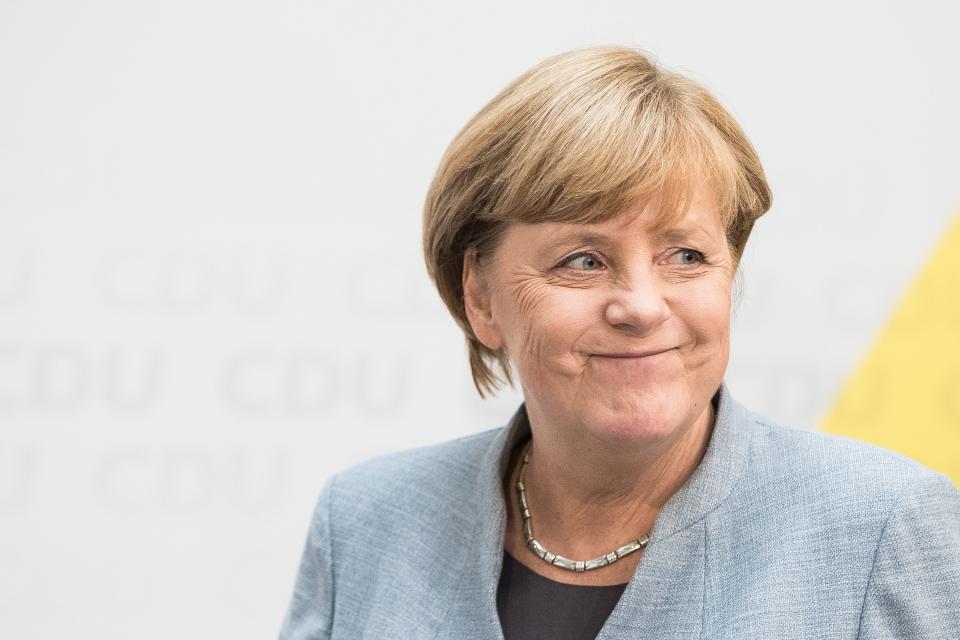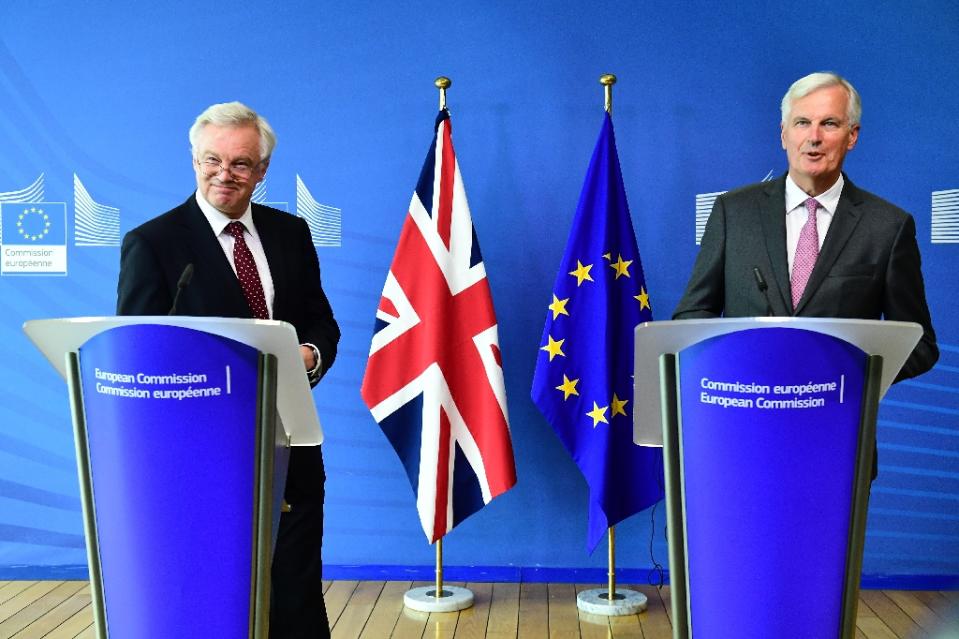Germans believe Britain should delay Brexit until the end of 2020

Britain should be stopped from leaving the EU until the end of 2020 because of the “far reaching impact” it would have, leading German economists have said.
The so-called Council of Experts – the group with German chancellor Angela Merkel’s ear – has warned a Brexit deal is needed that would minimize the damage for both sides.
With talks seemingly deadlocked on the key issues of the divorce bill, citizens’ rights and the Irish border, a near two-year extension beyond March 2019 should be granted, the council said.
MORE: Wall Street giants warn Brexit impact on London reaching ‘point of no return’
“Due to the wide-ranging impact of a UK exit from the EU, the council continues to urge that it be prevented,” the council said. “The economic cost of Brexit will hit the UK significantly harder than the rest of the EU.”
The ‘five wise men’ said Britain should retain its European Union membership conditions until the end of 2020, when the EU budget completes its current cycle.
“The Council of Experts believes a one-off extension (of Brexit negotiations) that largely preserves the status quo would be sensible,” the group added.
The bloc’s 27 members, excluding the UK, are due to meet next week to discuss what they want to see from a proposed transition arrangement – raised by UK prime minister Theresa May at a speech in Florence in September.

They hope to be in a united position come a full summit in December, but even if they can agree, talks on trade are unlikely to begin until March next year – just 12 months before Brexit.
MORE: Brexit vote has cost each UK household £600 a year – and we’ve not even left yet
Given the tortuous progress, or lack of it, on the other issues, many fear that will just not give enough time for David Davis, the Brexit secretary, and Michel Barnier, his opposite number for Europe, to deliver on trade.
“There is still a risk of an uncontrolled exit and sudden adjustment reactions by economic agents,” the German government advisers said.
“Conversely, the possibility of the UK staying in the EU can’t be completely excluded.”
They added: “If [preventing Brexit] is not possible, the objective of the negotiations should be to conclude a follow-up agreement that minimises damage from both sides. It is likely more time will be needed to negotiate this kind of agreement.”
MORE: Brexit ‘pledge’ of £350m for the health service must be honoured, says NHS chief
Davis and Barnier are due to meet on Friday for a sixth round of talks with nothing so far signed and sealed.
Barnier has insisted real progress needs to be made on how much Britain should pay to leave the EU, what guarantees can be secured for citizens’ rights and how to address the Irish border situation before they can begin to talk trade arrangements.

 Yahoo Finance
Yahoo Finance 